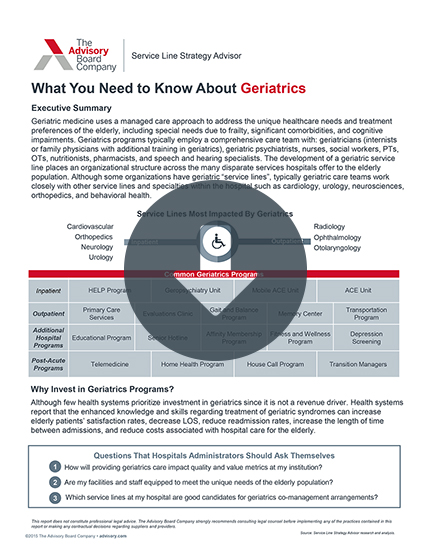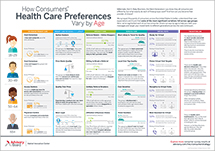Auto logout in seconds.
Continue LogoutScientists are working to stave off the full range of age-related diseases—and perhaps prolong lifespan—by treating aging itself, Nicholas Bakalar reports for the New York Times.
How long can humans live?
Bakalar writes that there is "considerable dispute" over how long humans can live in ideal circumstances.
One group of researchers in 2016 suggested the upper limit of human life expectancy is 115 years—although that limit has already been exceeded in exceptional cases, as with Jeanne Calment of France, who died in 1997 at the age of 122.
But S. Jay Olshansky, a professor of epidemiology at the University of Illinois at Chicago, argues the natural limit on human life is much shorter, at only about 85 years—and that modern medicine's efforts to extend life beyond that point have backfired.
"Parts of the body, including the brain, are not designed for long-term use," Olshansky said. "We're seeing the consequences of pushing the limits of survival: the rise of Alzheimer's disease, dementias, joint and hip problems, loss of muscle mass."
Olshansky said that these diseases "are not a consequence of failure, but of success," and that people should focus on extending "health span, not life span."
What causes the diseases of aging?
Recent scientific discoveries have given scientists a better understanding of the cellular and molecular processes that occur as people age, Bakalar writes. An essay published in JAMA in October by Tamara Tchkonia and James Kirkland of the Mayo Clinic categorized these processes into four groups:
- Cell dysfunction;
- Cellular senescence (the increase of aging cells in tissue that comes with disease);
- Chronic inflammation; and
- Stem cell changes that cause them to stop regenerating tissue.
Researchers have found that old cells secrete certain proteins, lipids, and other substances that destroy tissue and increase inflammation, Bakalar writes. Healthy young adults have very few of those cells, but after age 60, they become more prominent and correlate with various age-related disabilities.
How scientists are seeking to treat aging itself
Nir Barzilai, a professor of medicine at the Albert Einstein School of Medicine, is planning a study of metformin, a drug that's been shown to be useful against a number of age-related diseases. Barzilai said his study plans to show "that we can prevent a composite of age-related diseases—cardiovascular, cancer, cognitive—and ultimately affect mortality."
Researchers have also discovered that levels of nicotinamide adenine dinucleotide (NAD), a coenzyme that functions in cell respiration, decline as people age, eventually reaching a point where it's almost non-existent in elderly people's blood.
David Sinclair, a professor of genetics at Harvard University, is developing ways to replenish NAD levels in the hopes of staving off the aging process. In some studies of animals and yeast, he's found "that replenishing [NAD levels] rapidly reverses some aspects of aging." Sinclair added that trials involving humans are now underway.
Further, animal research has found old cells are susceptible to a combination of two drugs: dasatinib, which is a cancer drug, and quercetin, a plant flavonoid, Bakalar writes. These drugs improve cardiac function and exercise capacity in mice, and have delayed symptoms of osteoporosis while prolonging a healthy old age.
Sinclair said he believes some of these anti-aging experiments will pay off soon. "There are dozens of companies in clinical trials, or planning them, tackling all the different causes of aging," he said. "I'm optimistic that there will be a few successes in the coming years" (Bakalar, New York Times, 11/19).
Don't miss out on the latest Advisory Board insights
Create your free account to access 1 resource, including the latest research and webinars.
Want access without creating an account?
You have 1 free members-only resource remaining this month.
1 free members-only resources remaining
1 free members-only resources remaining
You've reached your limit of free insights
Become a member to access all of Advisory Board's resources, events, and experts
Never miss out on the latest innovative health care content tailored to you.
Benefits include:
You've reached your limit of free insights
Become a member to access all of Advisory Board's resources, events, and experts
Never miss out on the latest innovative health care content tailored to you.
Benefits include:
This content is available through your Curated Research partnership with Advisory Board. Click on ‘view this resource’ to read the full piece
Email ask@advisory.com to learn more
Click on ‘Become a Member’ to learn about the benefits of a Full-Access partnership with Advisory Board
Never miss out on the latest innovative health care content tailored to you.
Benefits Include:
This is for members only. Learn more.
Click on ‘Become a Member’ to learn about the benefits of a Full-Access partnership with Advisory Board
Never miss out on the latest innovative health care content tailored to you.


